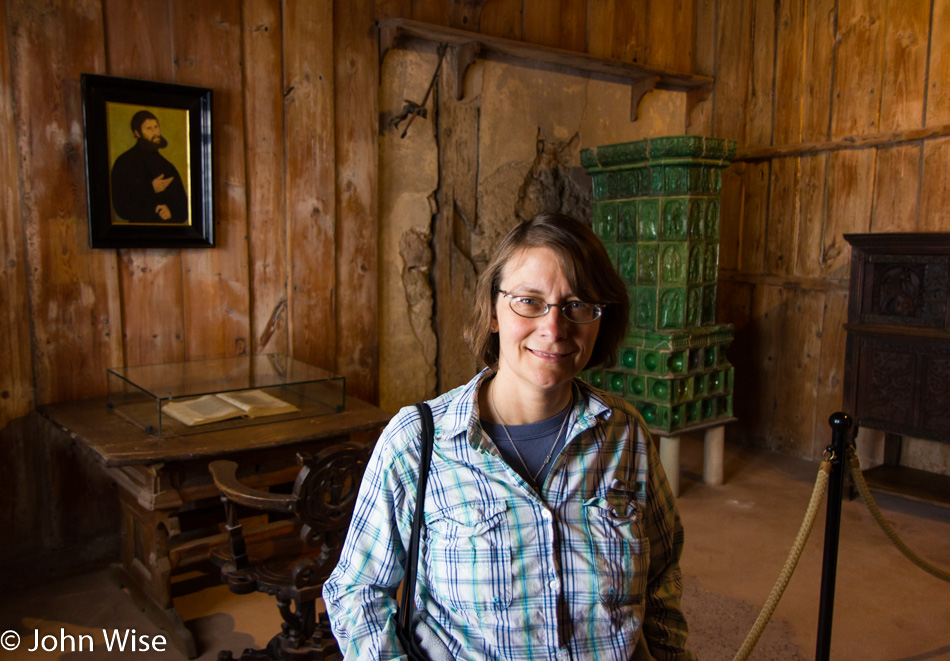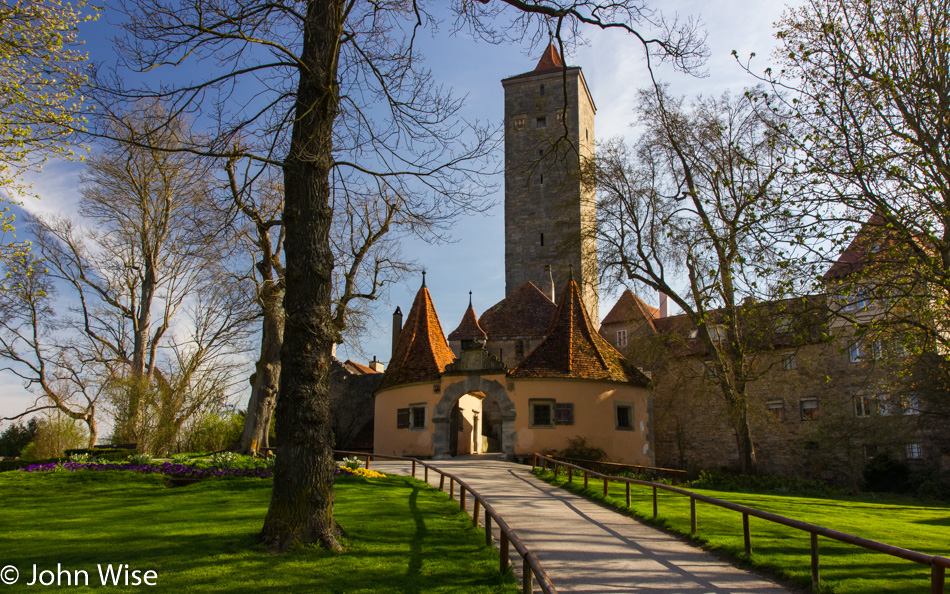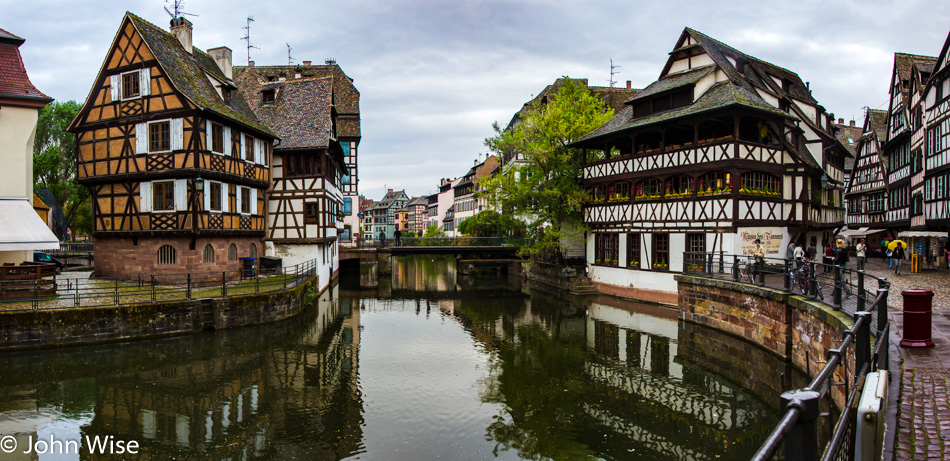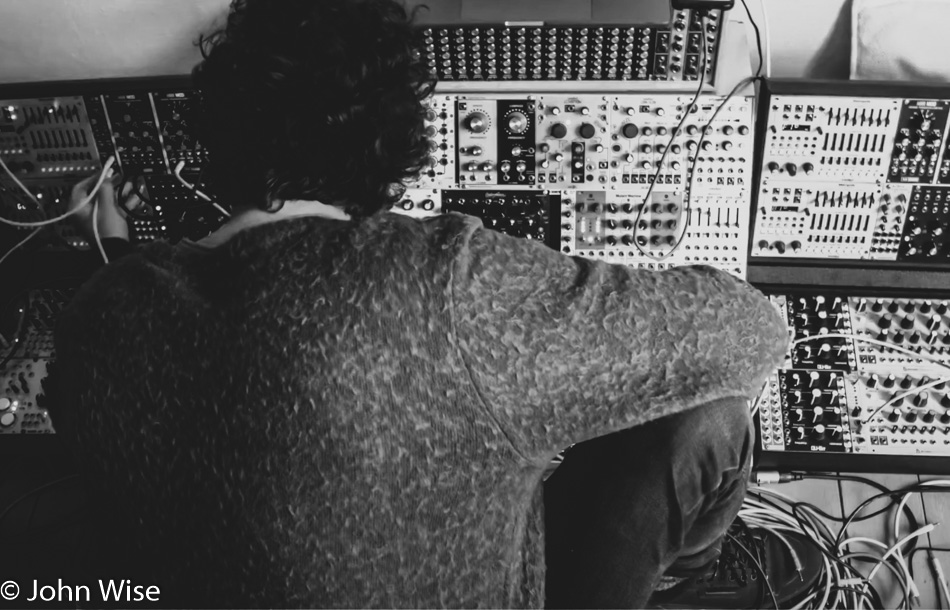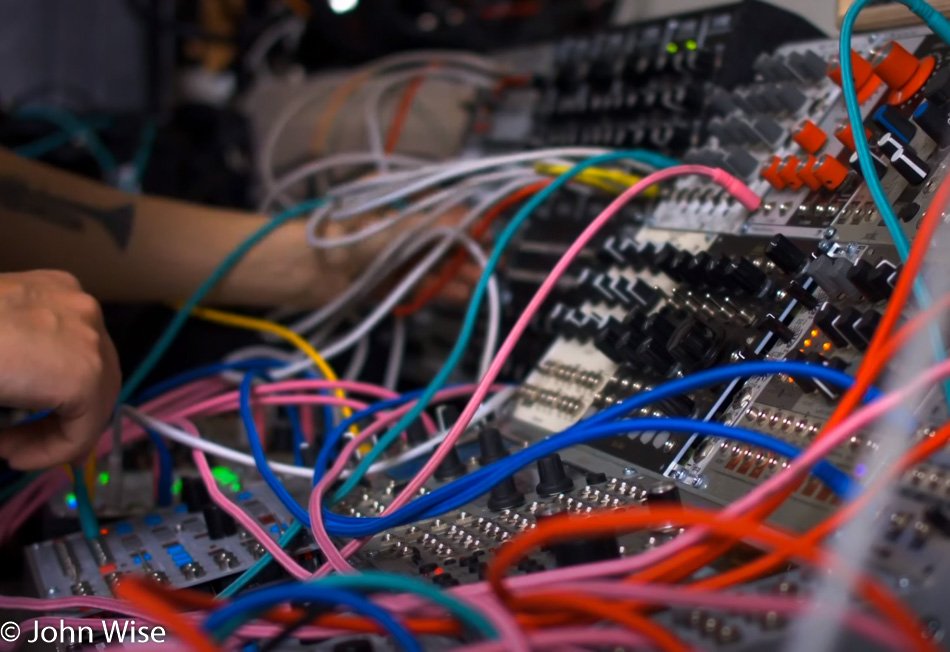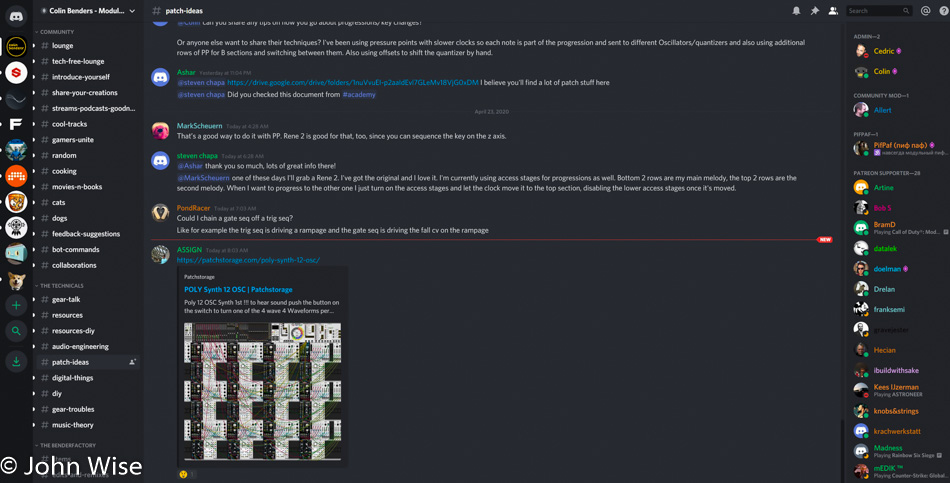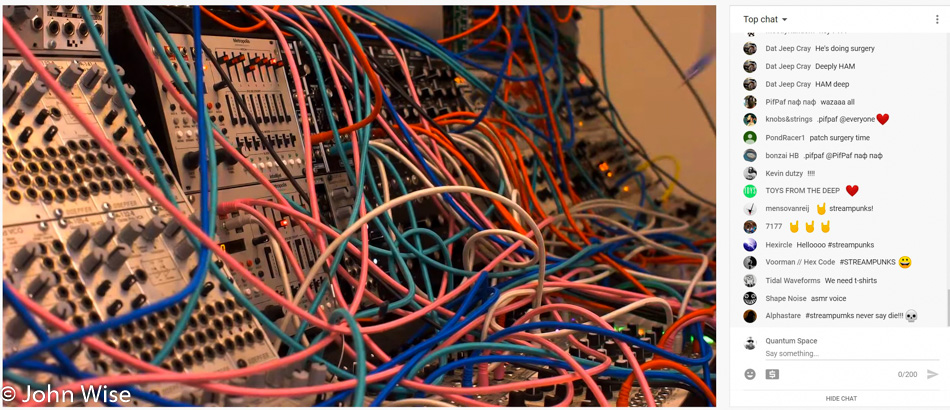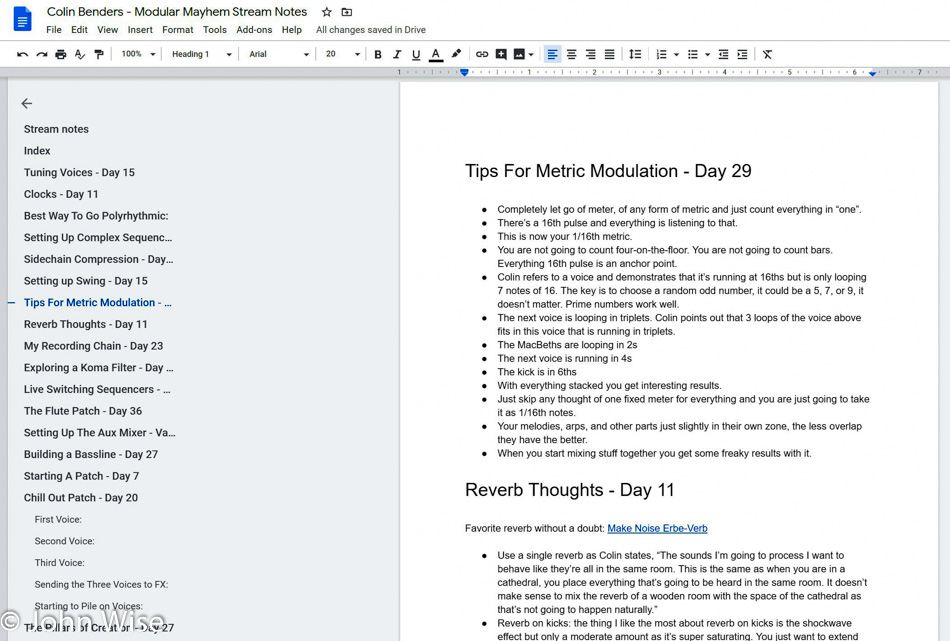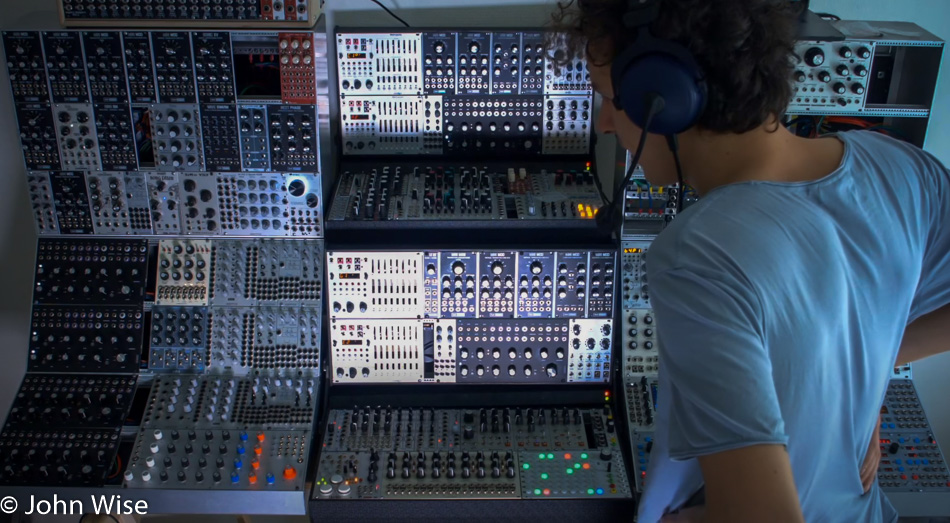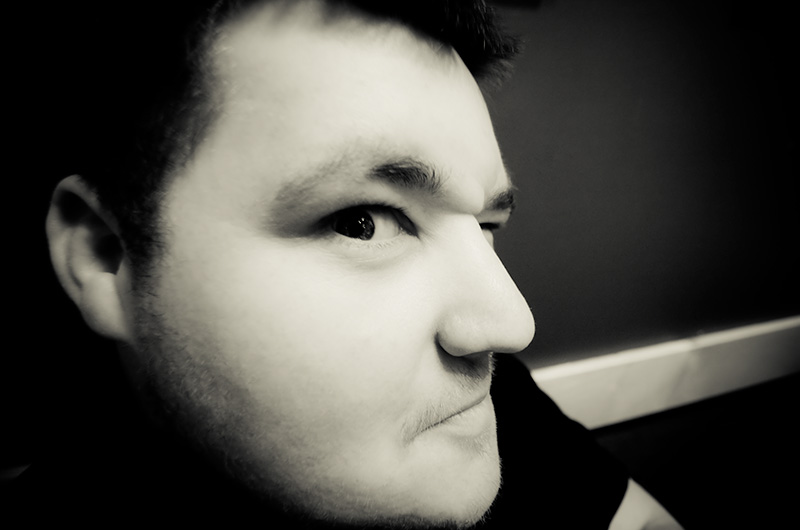
This afternoon, I had the opportunity to meet and speak with an extraordinary young scientist who may be the emerging new voice for Protophysics. As I attempt to share a condensed version of how our discussion progressed and some of the topics we covered, there may be gaps where the depths of our talk swung beyond my comprehension. The scientist I’m referring to is Dr. Justin D. Aslinger.
It was a random moment at our local Starbucks where I bumped into Dr. Aslinger and noticed he was reading “Protophysics of Time: Constructive Foundation of History of Time Measurement” by Peter Janich. As I have an intense interest in the subject of time, I struck up a conversation. The doctor tried explaining the dilemma of protophysics, which attempts to ascribe an absolute background geometry to space-time without knowing the correct formula of geometry for measuring or describing space-time accurately, part of the reason why protophysics never gained traction with the scientific community.
He went on to describe his efforts in the field of explaining space-time to help guide humanity through the hurdles we face as we approach the year 2012. Two-thousand twelve is the window we will walk through to become aware of our inherent perdurantistic qualities, which means our currently disconnected temporal parts will awaken to the fourth-dimensional reality and thus will acknowledge our existence in a new measure of knowledge of time as a physical dimension similar to the microscopic world we have come to know through the sciences only in the last couple of hundred years. Currently, we are stuck in what the Mayans could have regarded as the Endurantistic age, only believing in the third dimension and disregarding any potential reality that might exist outside of our immediate observation. Although many people would say they believe in god and that god may have an impact upon their lives, they do not connect science, the physical world, and the spiritual realm into a continuum of reality and existence we could be consciously aligned with, but this is precisely where 2012 is taking us.
Dr. Aslinger is also trying to create a paradigm-shifting software tool to help society with this transition called Time Fire. T.I.M.E. F.I.R.E. is an acronym for Temporal Immersive Multidimensional Enlightenment For Intraspecific Rebirth Emergence – a mouthful for sure. What this means is that we, as the human population, must escape the boundaries of time and space limitations of our current set of senses to become cognizant of the multidimensional world in which we will peer across time through space and thus be reborn within our species as a newly enlightened sentient human with access to the fourth-dimensional world we actually exist in.
One of the first steps on this path will be the introduction to his new theory of time. In Dr. Aslinger’s conception, time is a particle that is dividing like cells in a human body. This division is an exponential process where one particle gives rise to 4 new particles, then the five collectively produce 20, becoming 25, followed by 125, 625, 3,125, 15,625, 78,125, 390,625, 1,953,125, 9,765,625, and so on until after 23 iterations we are now over three quadrillion particles of time and so on, again and again, moving forward with time – a hyper exponential model should be apparent to anyone at this point through this kind of mitosis theory of time. According to this model, time is divided in every instant, although the Dr. admits he does not know what that instant is or how yet it could be measured.
He also tried to explain space-time in relationship to infinity, saying that over the course of the life of the universe (approximately 14 billion years) that, time is all matter, including the more mysterious and as of yet unexplained dark matter. Dark Matter (which comprises 95% of the universe) is responsible for the gravitational effect on visible matter because, in reality, time is a physical phenomenon similar to an atom, and as we learn more of Aslinger’s theory of time, we will come to understand that time is the very building block of all matter, both visible and unseen in the universe. Anyway, what happens is that as time particles have been dividing over the previous 14 billion years, they have stretched the universe to what we understand as infinity. If we could build a spacecraft that could take us to the edge of the universe at the precipice of infinity, in that instant, we would recognize the edge of space-time, but the by then immensely exponential division that would occur in the next instant would again push the border of space-time to yet another immeasurable expansion of the universe.
So what are we doing here in time? Time is the substrate used by the brain much like a train traveling down a rail, allowing the brain to act as a temporal imaginative mapping edifice translating dimensional morphogenetic transitions (changing or interpreting an ever-changing moving forward reality). Time is the universe the brain rides upon, the brain is an interpreter of time, all things are time, made of time, in time, and everything, and all things are manifestations of time as all things exist within time, made of the very fabric of time. We are surfing or swimming within the particle soup of time. As time moves forward, we, too, are being thrust forward with every instant that comes into existence from times march forward.
Interestingly, I start to surmise that if time is moving forward and it is a physical presence, then due to the ever-increasing abundance of time from its exponential division, isn’t it also possible that with all of the previous time particles that are now abundant throughout the universe that we should be able to travel upon that rail of time, forward and backward? After all, isn’t the Hubble telescope photographing light that has traveled across time, showing us that for us at this moment, the past is right before our eyes? Sorry about my naivety regarding relativity and probably a basic law or two of physics, but I am but a layperson trying to tread water in Dr. Aslinger’s world.
In a previous paragraph, I referenced people’s belief in God and the spiritual realm. This area was also of particular interest to me, and I asked Dr. Aslinger to expound his thoughts in this regard, to which he obliged. He believes we have a multi-dimensional soul, a soul that extends beyond the physical boundaries of our bodies, and that this idea of the soul is, as of yet, an undiscovered energy, fractal energy. This new energy is a mechanism of communication and existence for entities beyond our perception who live in that substance of time in a spectrum of light and energy invisible to us humans due to our blindness to the fourth dimension. Our souls are actually energy fields that radiate beyond ourselves (some see this as auras) and, through the grid of time, influence and accept influence from other waves of fractal (soul) energy. Our karma plays a pivotal role in how the shape, form, and frequency of our energy are manifested. This manifestation is best described within chaos theory and strange attractors, where chaotic motion gives rise to these strange attractors that vary in detail and complexity. So, as our soul and karma are forming during our lifetimes, our actions help shape the soul, detailing how complex and intricate our energy or soul should appear as it matures. Conversely, this shape also acts as a strange repelled, keeping those of bad karma or soul away from our personal space. This doesn’t always hold true, though, as chaos and fractal energies are pulsing, flowing, influencing, and changing with the expansion of time.
Other souls without organic beings are ethereal bodies whose shape arises from taking a dimensional form built upon and encased within time (as we are) organized by a coalescing of fractal energies (just as our bodies utilize plant and animal matter in the generation of energy that drives our nervous systems and generates heat within our organic shell). From this plane of existence, which some scientists see as the multiverse or parallel universes, higher energy (older) souls travel the surface of multidimensional reality and, on occasion, collide with our plane of thought. The multiverse and its individual iterations are possibly other planes or frequencies of higher-order time. Higher-order time may be an ascent that the soul climbs over time on its way to true enlightenment or nirvana, culminating in Godhead. This might explain divine inspiration, communing with the dead, artistic and scientific inspiration that appears to arise out of the blue as this spiritual energy collides with our world and our souls.
How does one influence the shape of their soul to make the transition to 2012? We must work to improve our soul health. Love, nature, and experiential growth come together to show us beauty, which inspires confidence for the growth of maturity. We must embrace these cornerstones and recognize how we impact the natural order of things via this shared quantumspace (the simultaneous space occupied by the energy of all things occurring in the same moment of time). When we improve our soul shape and good karma directs us towards love and beauty, we are also improving life in the universe, the universe that we will move into as we give up our organic form. In 2012 we may begin to see into this world, into this quantumspace and then we will begin to understand how our negativity, war, feuding, and fear retards our souls’ growth and its impact upon the ethereal bodies who are trying to elevate our collective knowledge so that upon our new birth into what some will call heaven we will enter a universe of life that is being painted by the very experiences we share through our fortuitous moments as an organic being collecting images being created by imagination and our constant transfiguration of reality, art, and nature.
Through fear and an inability to embrace new experiences, we drain the energy of soul growth needed to transcend our current physical/organic being. Living in repetition, watching television reruns, listening to the same 1000 songs we’ve listened to since childhood, when the world has a collection of over 3 million songs, going to the same place for vacation year after year, watching one more iteration of men throwing a ball down a field instead of playing the game themselves, limiting our diet to the foods we already know, and not waiting to learn about, foster, nurture, and embrace love – our soul stagnates. We must love ourselves, life, and others. We must love animals and plants, water and sky, mountains and deserts, our imagination, and our human potential. We must throw off the voices that instill fear, consumption for the sake of finding identity, and your fear of the unknown. We ultimately enter a great unknown where time is infinite, and your new experiences may be infinite too, but it will be our soul growth and maturity of spirit that will dictate how that human energy bestowed upon us will transition to the fractal energy universe of time that is building a home in space for those of us whose souls are equipped and ready for the shock of seeing reality for what it may really be.
